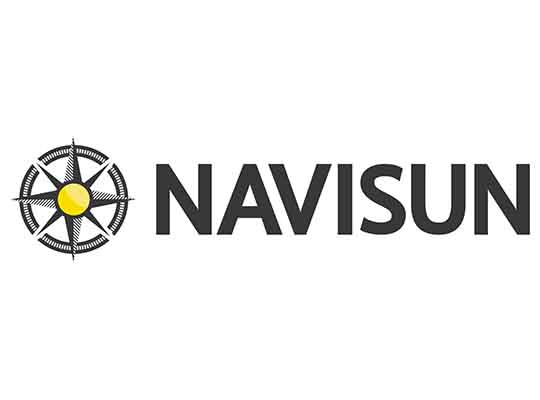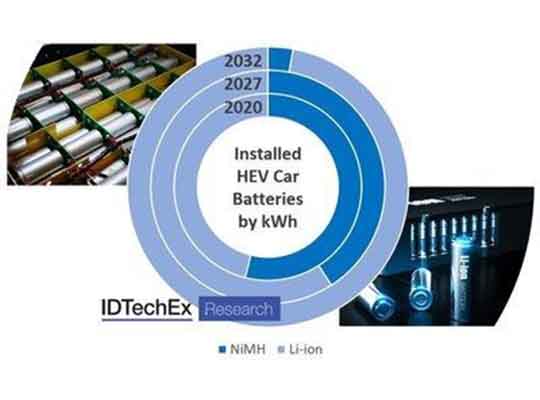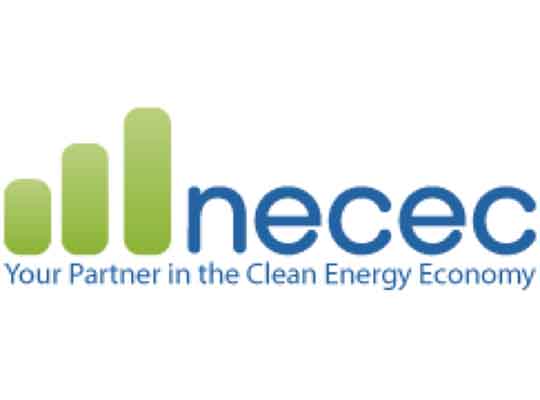Navisun LLC, a solar power producer that owns and operates distributed and small utility-scale solar projects, announced that it has acquired a 4.5-megawatt community solar project in Linden, New Jersey. Community solar provides customers clean locally sourced power that costs less.
The Linden Hawk Rise Solar Project is located on the City of Linden’s landfill, in Union County, New Jersey. CS Energy was instrumental in developing the project and is currently constructing the project. Navisun will own and operate the completed facility which is expected to be in service by the end of the second quarter of 2021.
“Navisun is an industry leading solar power producer that is helping drive the transition to a carbon free future. Our reputation of delivering quality projects on time and on budget in conjunction with our community partners is proudly demonstrated in our Linden, NJ project,” said John Malloy, Managing Partner and Co-founder of Navisun. “We are pleased to support the City of Linden through access to the renewable energy that will be directly available to its residents at a lower cost.”
When complete, the Linden Hawk Rise Solar Project will convert a closed landfill site into a productive solar farm that will provide about 1,000 residents with clean electricity at significant savings.
Mayor Derek Armstead of the City of Linden, said, “The Linden Hawk Rise Solar Project will drive revenues for our community, reduce the City’s carbon footprint, and make clean solar energy available at a rate lower than current electricity costs. This is a tremendous win for our community. We look forward to our ongoing partnership with Navisun and the support they provide to ensure this project is a success.”
The Linden Hawk Rise Solar project is part of New Jersey’s Year 1 Community Solar Energy Pilot Program, which enables utility customers to access clean energy generation by participating in solar energy projects located remotely from their property. To expand equitable access to clean electricity, the New Jersey Board of Public Utilities encouraged developers to make the program readily available to low- and moderate-income customers.













